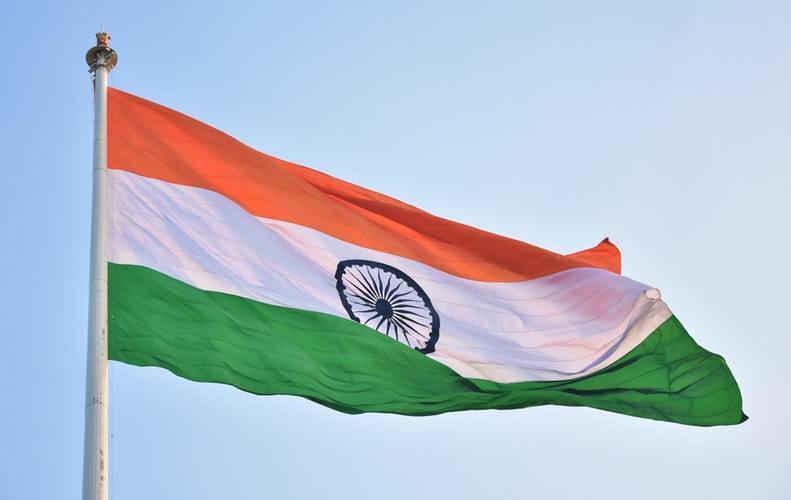The upcoming five-day special session of the Indian Parliament, set to commence on September 18, has ignited a national debate, primarily centered around the possible renaming of India to Bharat through a constitutional amendment under Article 368. The discussion has gripped the nation, drawing both support and criticism.
Article 1 of the Indian Constitution currently defines the nation as ‘India, that is Bharat,’ signifying a ‘Union of States.’ The choice of name was a result of extensive deliberations within the Constituent Assembly, where some members argued in favor of ‘India’ while others advocated for ‘Bharat.’
The government, led by Prime Minister Narendra Modi, has consistently shown a preference for the name ‘Bharat.’ In his Independence Day address in 2022, PM Modi urged citizens to take pledges, including the eradication of remnants of slavery. Renaming the country from India to Bharat is seen as an opportunity to symbolize an embrace of the nation’s cultural identity.
The speculation gained momentum following an official dinner invitation extended to the G20 delegation from Rashtrapati Bhawan referred to the president as the ‘President of Bharat,’ a departure from the traditional ‘President of India’ nomenclature. Congress leader Jairam Ramesh responded to these changes in the dinner invitation, further fueling speculations.
India is set to host this year’s G20 summit, scheduled to take place in the capital city of Delhi on September 9 – 10. The G20 comprises the globe’s 19 most affluent nations, along with representation from the European Union. India presently holds the G20 presidency, a position that circulates among member nations on an annual basis.
If the name change were to be implemented, it could coincide with the formation of the 28-member Opposition bloc, planning to contest the 2024 Lok Sabha elections under the name ‘Indian National Democratic Inclusive Alliance (INDIA).’ This prospect introduces the possibility of fresh tensions between the government and the Opposition.
The proposed name ‘Bharat’ holds deep cultural and historical connotations. In Hindu mythology, Bharat was an ancient king and the son of King Dushyanta and Queen Shakuntala. The name ‘Bharat’ is widely used to refer to the Indian subcontinent in various Indian languages. Renaming the country to Bharat would be a nod to these ancient roots, emphasizing India’s rich cultural tapestry.
A significant driving force behind the name change speculation is the desire to distance India from its colonial past. The name ‘India’ was imposed during British colonial rule and changing it to Bharat would symbolize a break from that era and a reclamation of indigenous identity.
While proponents argue for the cultural and historical significance of ‘Bharat,’ critics view it as a distraction from more pressing issues facing the country. The debate reflects broader ideological clashes within Indian politics.
Moreover, India’s diversity, with its numerous languages, cultures and identities, has been unified under the name ‘India.’ Changing the name raises questions about whether ‘Bharat’ is equally inclusive and representative.
As the special session of Parliament approaches, the nation remains divided over the potential renaming of India to Bharat. This debate encapsulates questions of identity, history, culture and politics, and whether it will result in a constitutional amendment and an official name change remains uncertain. What is clear is that the conversation has already begun, underscoring the complex nature of the world’s largest democracy as it grapples with its past, present and future.

